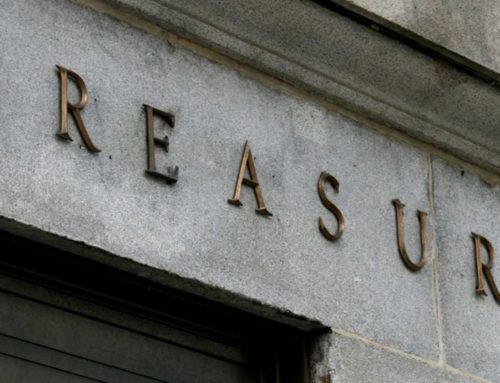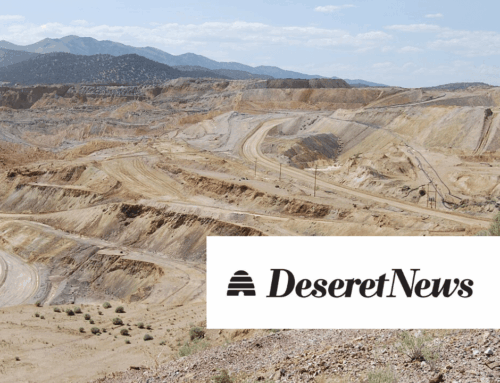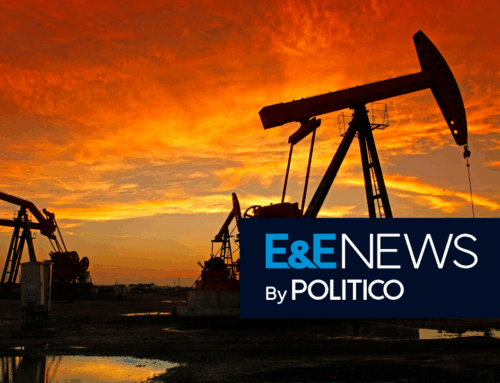On July 4th, President Trump signed the fiscal year (FY) 2025 budget reconciliation bill, also known as the One Big Beautiful Bill Act (OBBBA), into law. The sprawling legislation includes major changes to federal policy and spending, including a costly delay to a fee on methane emissions from oil and gas operators and the rescission of the remaining taxpayer-funded incentives provided through the Methane Emissions Reduction Program (MERP).
Each year, companies release hundreds of billions of cubic feet of natural gas into the atmosphere during the extraction, development, and transportation of oil and natural gas. According to the Energy Information Administration, more than 3 trillion cubic feet of natural gas were vented or flared nationwide between FY2012 and FY2021. When methane—the primary component of natural gas—is released instead of marketed, it costs taxpayers millions in lost royalty revenue, wastes a valuable energy resource, and poses health and environmental risks to nearby communities.
Unfortunately, OBBBA doubles down on this waste by rescinding unobligated MERP funding and postponing a fee on excessive methane waste by a full decade, from a 2024 start to 2034. The fee had been projected to raise $7.2 billion over the next decade (2025-2034), on top of increased royalty revenue from the additional natural gas brought to market. The rollback of the MERP program and fee was first proposed in the House Committee on Energy and Commerce’s draft text and remained unchanged through the bill’s final passage.
The waste emissions charge was designed to hold the oil and gas industry accountable for methane loses and create an incentive to reduce emissions. The fee—set at $900 per ton of methane in 2024, $1,200 in 2025, and $1,500 in 2026—would apply only to emissions above a set threshold at facilities emitting over 25,000 metric tons of carbon dioxide equivalent annually. With broad exemptions in place, fewer than 500 oil and gas facilities were expected to face the charge.
A fee on excessive methane waste helps ensure taxpayers are compensated for the loss of a valuable resource. Much of the methane currently wasted can be captured cost-effectively and brought to market. In fact, the U.S. methane mitigation sector has grown substantially, with an 88% increase in manufacturing firms and a 105% jump in service providers since 2017. These companies offer proven technologies that help operators detect and plug methane leaks. But without accountability, many producers will continue to focus on fast oil production at the expense of gas capture—leaving taxpayers, consumers, and communities to bear the consequences.
Federal taxpayers have already done their part. The MERP offered financial and technical support to companies to promote best practices and innovative emissions reduction solutions. The program was appropriated $1.55 billion in the Inflation Reduction Act of 2022, much of which has already been awarded and cannot be clawed back. The Congressional Budget Office (CBO) estimates just $150 million remains unobligated and available for rescission.
Taxpayers helped industry prepare for this policy shift—to the tune of $1.5 billion. Now Congress is letting industry walk away from its end of the deal.










